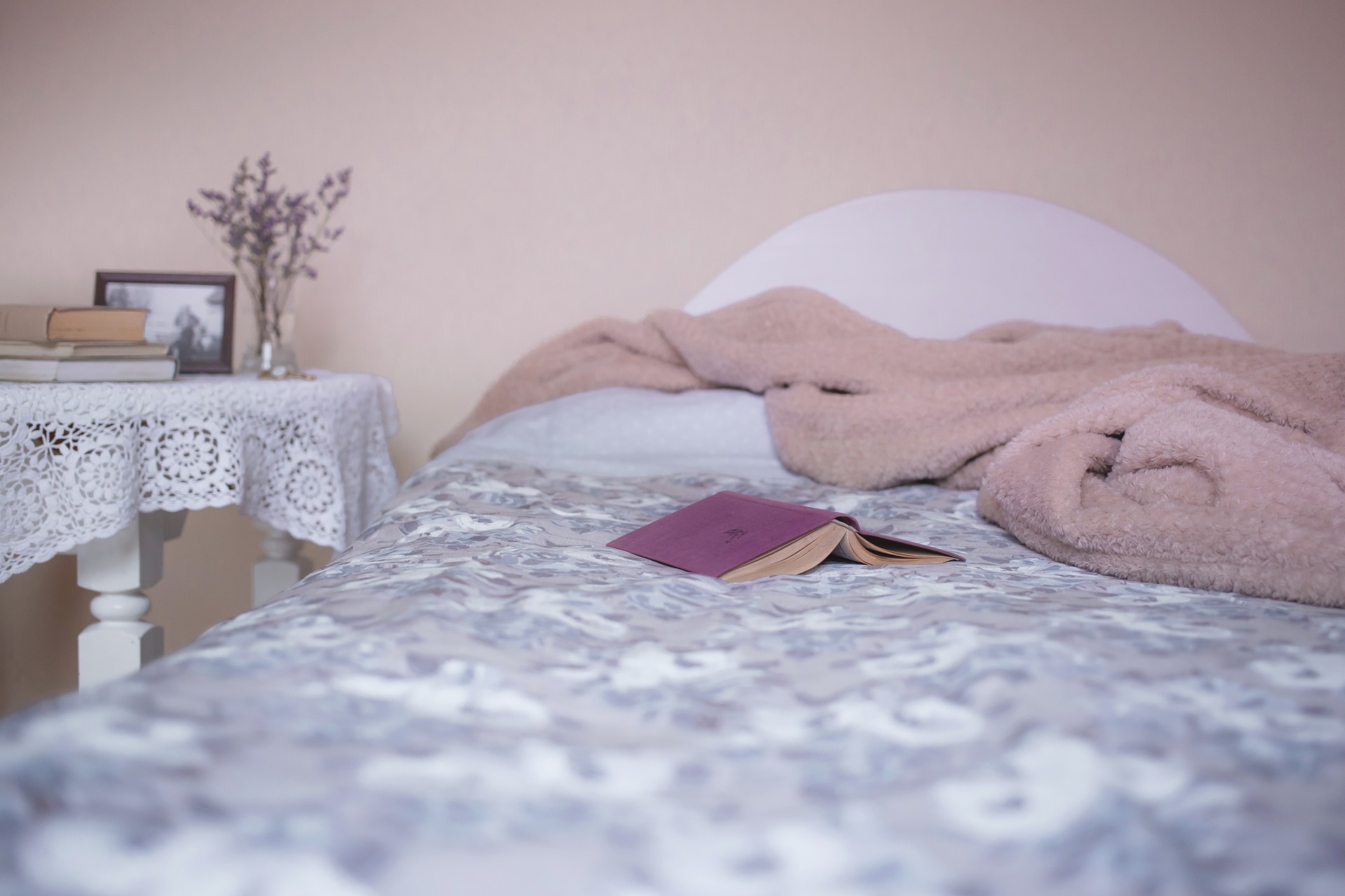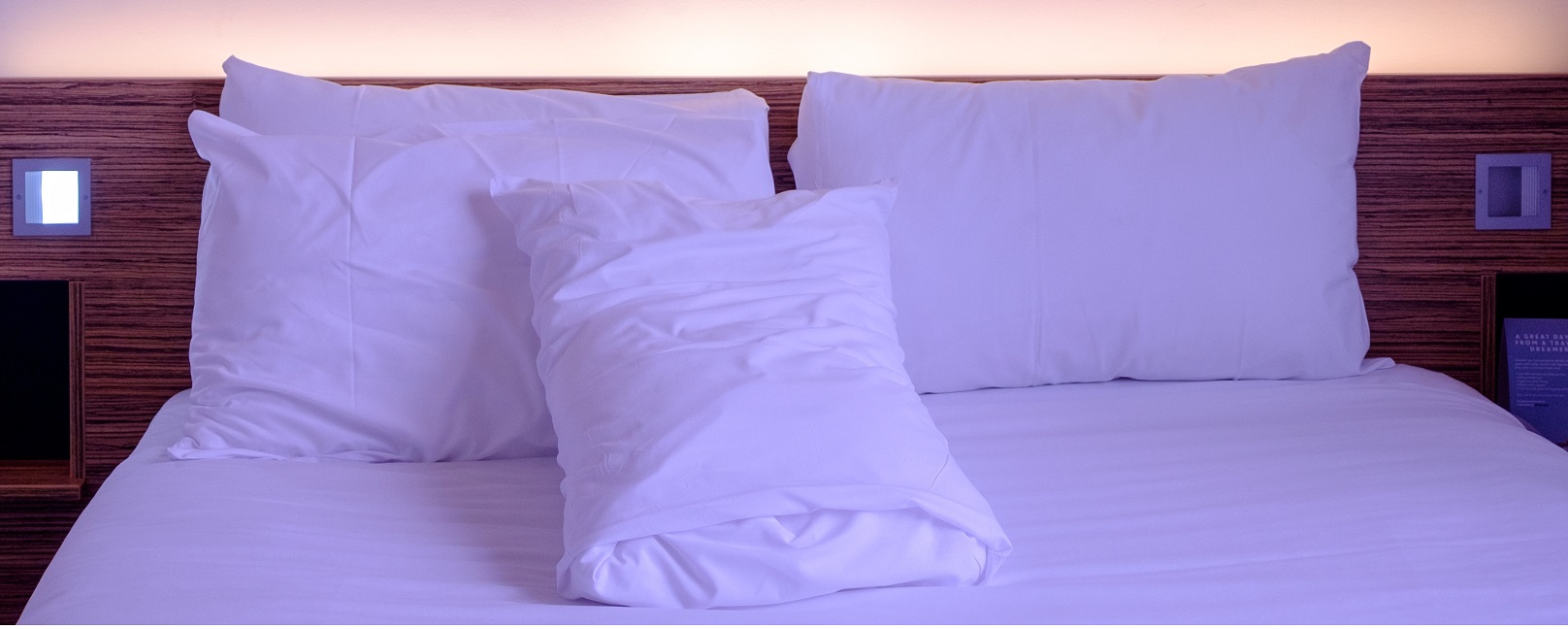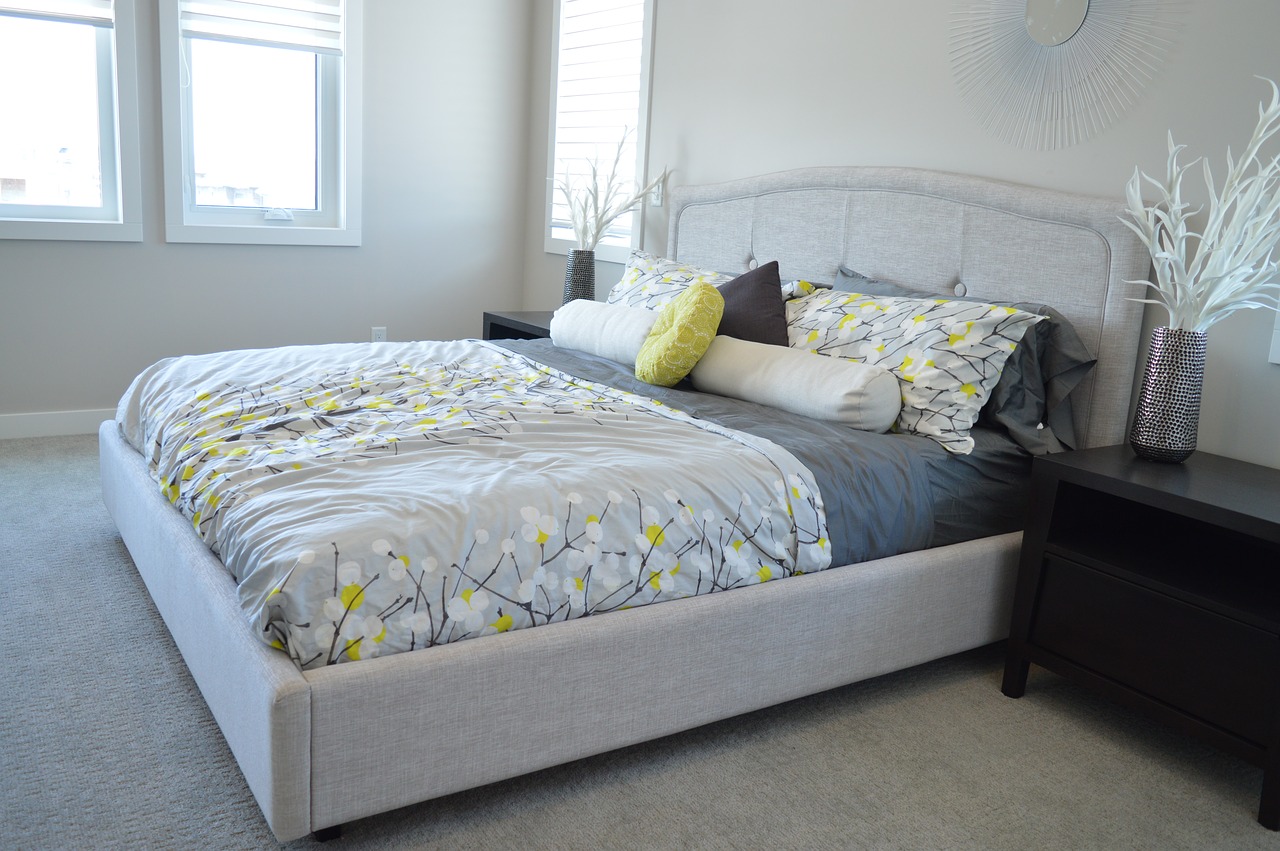
Wimbledon 2020 Cancelled
It is almost that time of the year when people would go watch a sporting

If you belong to the group of people who cannot get a good night’s sleep nightly, then you should know that your struggle with sleeplessness will eventually result in low productivity and depleted energy. However, the consequences of poor sleep go beyond a grouchy temperament. Research reveals that being in a sleep deprived state can compromise health.
One leading cause that increases the chance for cardiovascular disease is high blood pressure, which can be traced back to insomnia. This difficulty in falling or staying asleep is found in a third of all people at a certain point in their lives. Likewise, there are people with insomnia who stay in a condition of hyperarousal, a psychological state characterized by anxiety and feeling on edge. This commonly worsens blood pressure problems.
A large number of people suffer from long standing persistent sleeplessness. There are those who choose to work or engage in social activities rather than sleep the recommended eight-hour slumber. There are also those who put up with insomnia or other disorders that prevent them from having a healthy snooze.

Obstructive sleep apnea is a type of dangerous sleep disorder. This is a repeating pattern wherein a person briefly stops breathing as the tongue or throat tissue blocks the airway, sometimes many times a night. Often linked with obesity, sleep apnea increases the chance of developing high blood pressure, and puts sufferers at risk of heart attack and / or stroke.
Below is a short test that you can use to check if you might have sleep apnea:
Answering “yes” to three or more of the following questions means that you may have sleep apnea. In this case, you should ask your primary care physician if you should undergo a sleep study.
S Snore: Have you been told that you snore?
T Tired: Do you often feel tired during the day?
O Obstruction: Do you know if you briefly stop breathing while asleep, or has anyone witnessed you do this?
P Pressure: Do you have high blood pressure or take medication for high blood pressure?
B Body mass index (BMI): Is your BMI 30 or above? (Calculate BMI)
A Age: Are you 50 or older?
N Neck: Is your neck circumference more than 16 inches (women) or 17 inches (men)?
G Gender: Are you male?

Once in a while, most people have trouble sleeping. If, however, random incidents of inadequate sleep become a harmful nightly occurrence, you need to analyze whether your habits are contributory factors – like deliberately staying up late or engaging in stimulating activities before going to sleep.
Endeavor to get better sleep through habits like going to bed and waking up at the same time each day, and keeping your bedroom cool, dark, and comfortable. If, on the other hand, your lack of sleep is caused by psychological or emotional factors, such as stressful activities, mild depression, or an anxiety disorder, it is best to consult with your health care provider about considering options like cognitive behavioral therapy, which is a safe and effective approach to chronic insomnia.
The accepted treatment for sleep apnea is continuous positive airway pressure (CPAP) therapy. The person with sleep apnea wears a face mask that is connected to a small machine through a lightweight tube. The machine pumps pressurized air into your nose or mouth that does not allow the airway to collapse. Another option is a device that is similar to a mouth guard that keeps the jaw forward (and the upper airway open). As always, it is recommended that people who have trouble sleeping should consult a sleep specialist in order to find the best answers for their particular sleep issues.
There are also pillows that you can use, which are designed to improve breathing and reduce strain. These pillows help you sleep better because they ease tension in your body and provide the kind of support that your body needs to truly relax and breath easy.

It is almost that time of the year when people would go watch a sporting

Queen Elizabeth II has two birthdays to celebrate: her actual birthday on 21 April and

The first of May is celebrated by many countries around the world as Labour Day